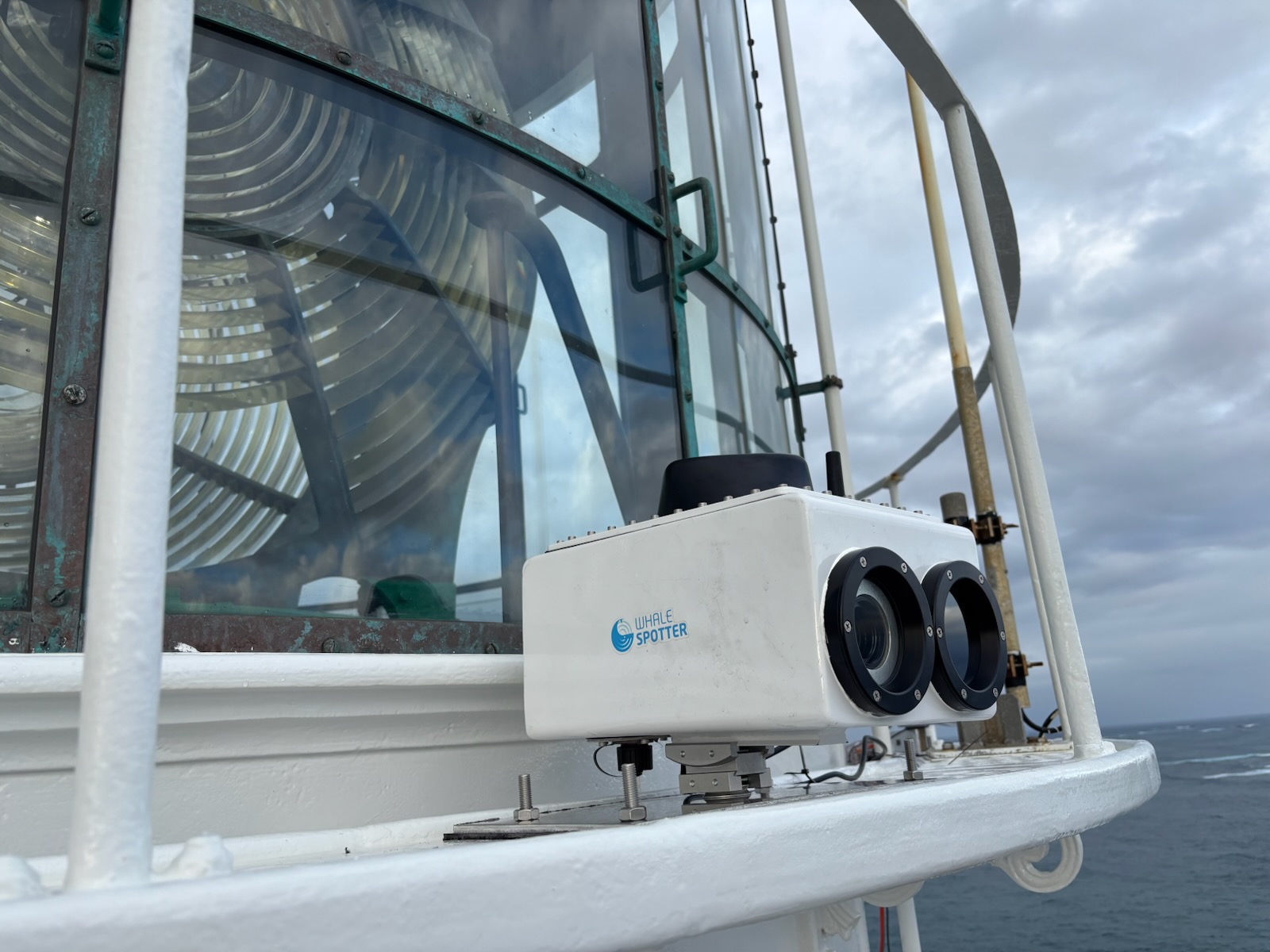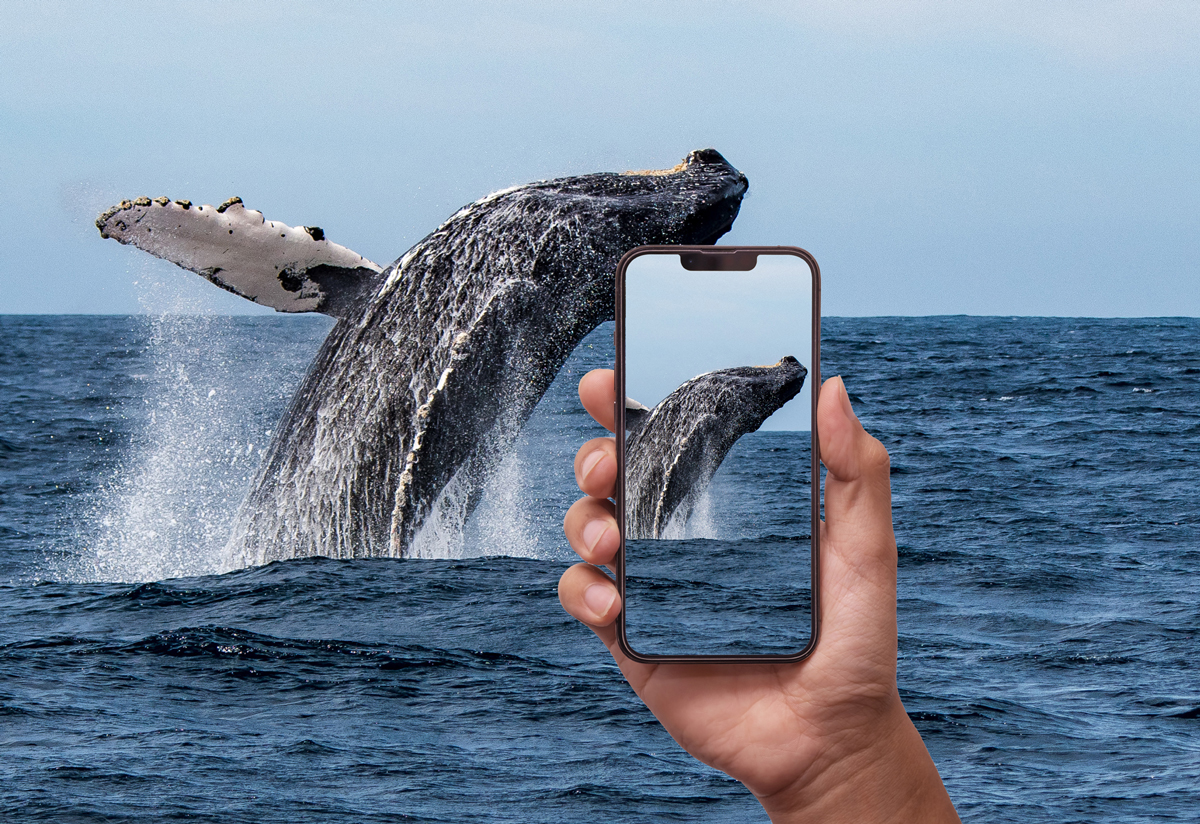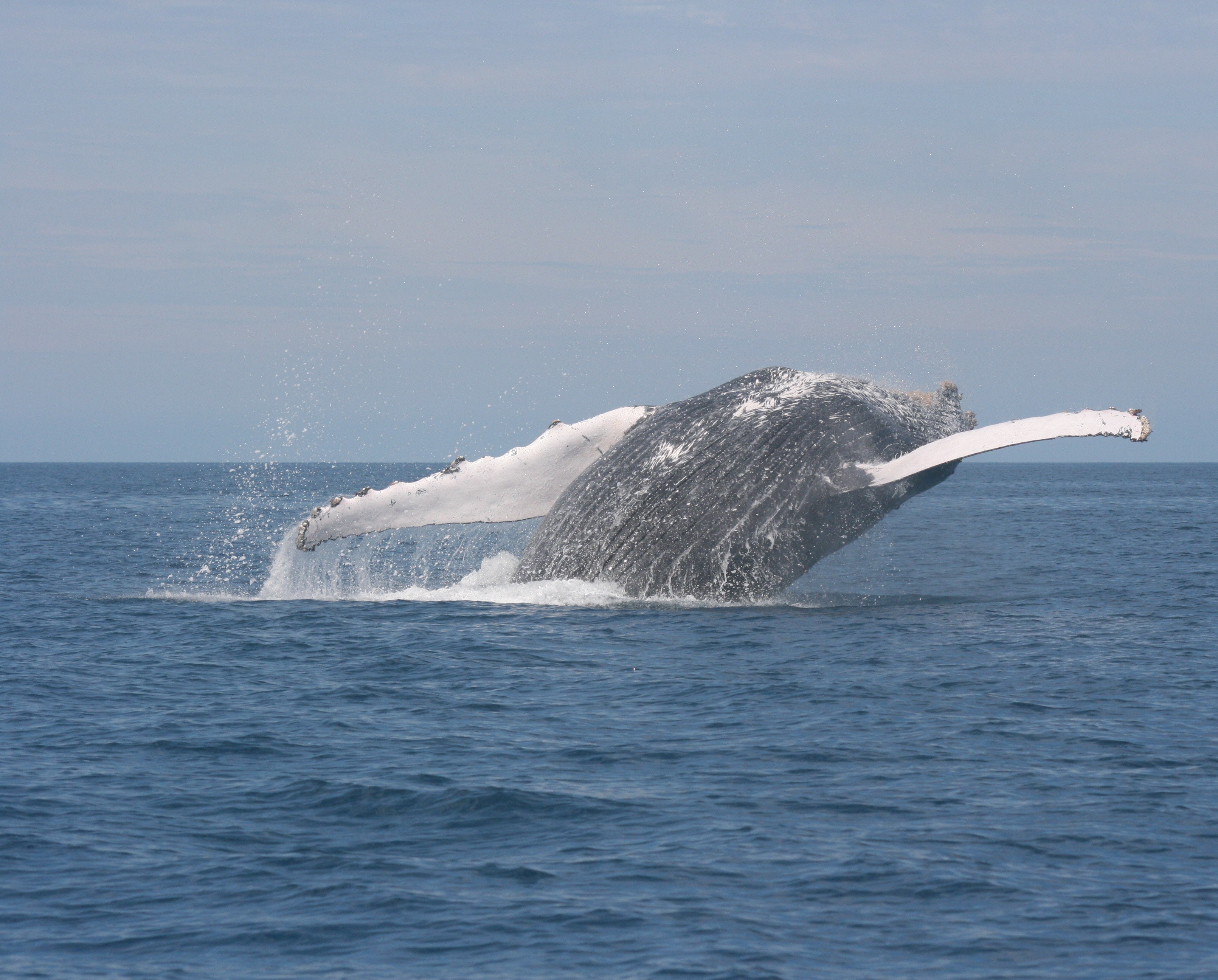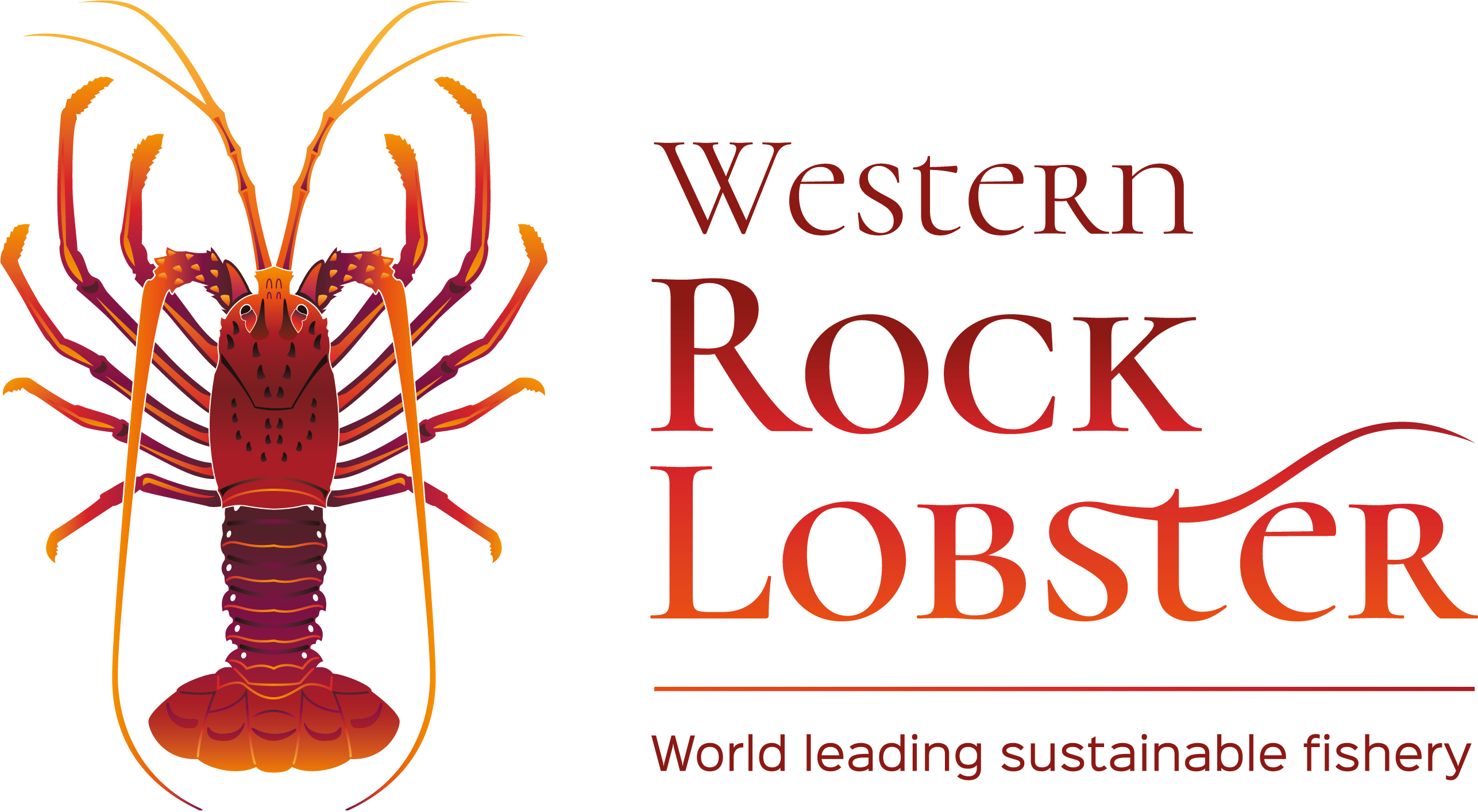The project will leverage partnerships with businesses and industries operating in whale migratory areas to improve the collection of a wide range of data. By simplifying external data reporting, the project aims to encourage greater participation in data provision. This will support more dynamic and targeted management actions to protect migrating humpback whales by mitigating entanglements in fishing gear, while also minimising impacts on fishers.
How we are collecting data
Previously, commercial whale watching operators submitted manual forms to DBCA detailing whale encounter data as part of their whale watching operations. Working for whales aims to re-engage commercial whale watching operators, in collaboration with the DBCA, and encourage reporting whale encounter data (time, location, species, numbers), while also promoting their involvement in this program.
Moving either from their last fishing location back to port, or ferries crossing the same stretch of water consistently provide a fantastic opportunity for the collection of robust 'survey' data of whales.
Through the Marine Fauna Sightings app, fishing vessels or ferries can provide sightings of whales easily. By initiating the survey function on the app, sightings will be linked to the track of the trip you are undertaking. This provides valuable information on where whales were sighted, but also where they weren’t seen which can be equally as valuable. This survey function has been designed in consultation with fishers who have been using this for several years, providing great data.
Operating well above the ocean gives charter flight operators great vision and coverage of large expanses of ocean, providing the opportunity for sighting whales across large areas. Much like ferries, charter flights often fly the same routes enabling them to potentially conduct 'surveys', which record where whales were sighted, but also where they weren’t seen which can be equally as valuable.
DPIRD and its research partners (AAD/ECU) are trialling automated camera systems which can be attached to charter planes. Capturing this imagery, georeferencing and AI image detection models will assist in determining the timing and location of migrating humpback whales.
There are a number of fixed 'platforms' along the West Australian coast such as lighthouses or oil and gas platforms. Their proximity to the ocean and height above sea levels provides a great vantage point to spot whales.
DPIRD is currently trialling a camera system developed to capture whale images from such fixed platforms. This system uses thermal imaging to detect whale blows, which have distinct thermal signatures, coupled with AI processing of the data to record the sighting. Initial trials are occurring off the Leeuwin lighthouse and should these prove successful, other fixed platforms along the coast could be included.

How can I be involved
We are looking to engage commercial operators, as they can play an important role in providing data. If your business is interested in being involved in the program, please contact Jason How (jason.how@dpird.wa.gov.au) for more information.
Members of the public can support the project by submitting their own sightings through the Marine Fauna Sightings app.
Working for Whales participants
DPIRD are actively seeking project participants. If your business is interested in being involved, please contact Jason How jason.how@dpird.wa.gov.au for more information.
DPIRD are actively seeking project participants. If your business is interested in being involved, please contact Jason How jason.how@dpird.wa.gov.au for more information.
DPIRD are actively seeking project participants. If your business is interested in being involved, please contact Jason How jason.how@dpird.wa.gov.au for more information.
DPIRD are actively seeking project participants. If your business is interested in being involved, please contact Jason How jason.how@dpird.wa.gov.au for more information.
- Cape Leeuwin Lighthouse, Augusta

Marine Fauna Sightings app
The Marine Fauna Sightings app is designed to allow all water users to digitally submit their sightings of whales and other marine fauna off the Western Australian coast.
This information will greatly assist us in protecting these important species that frequent and migrate through our coastal waters and help us to provide better management information to the fishing industry.
Learn more


